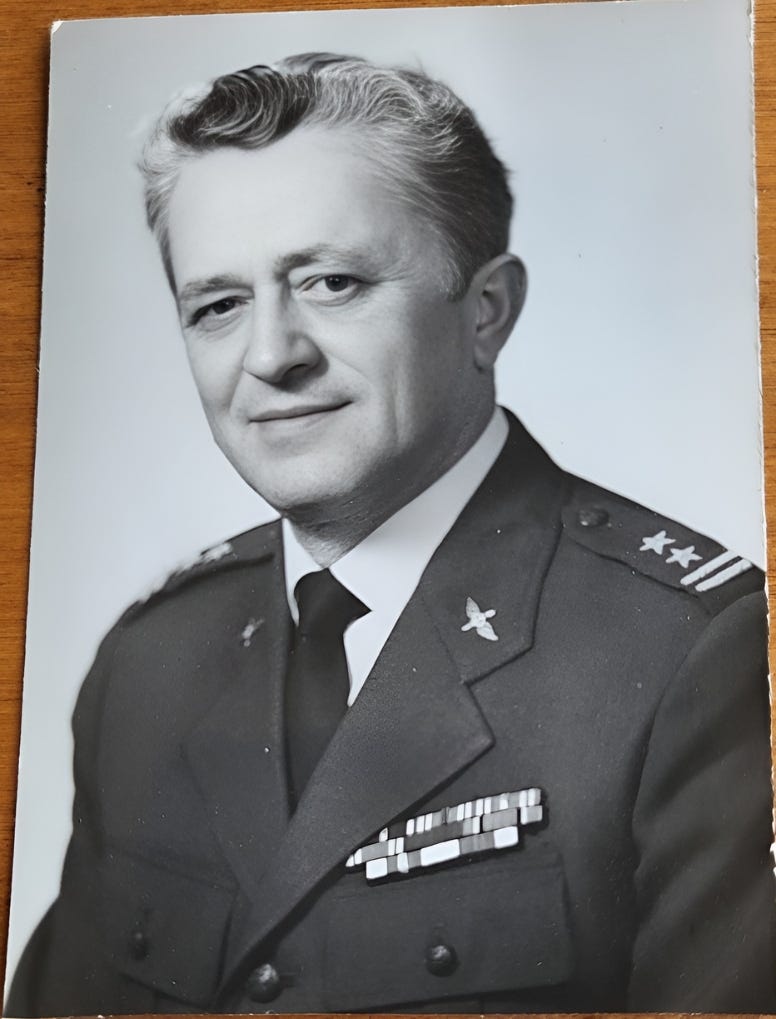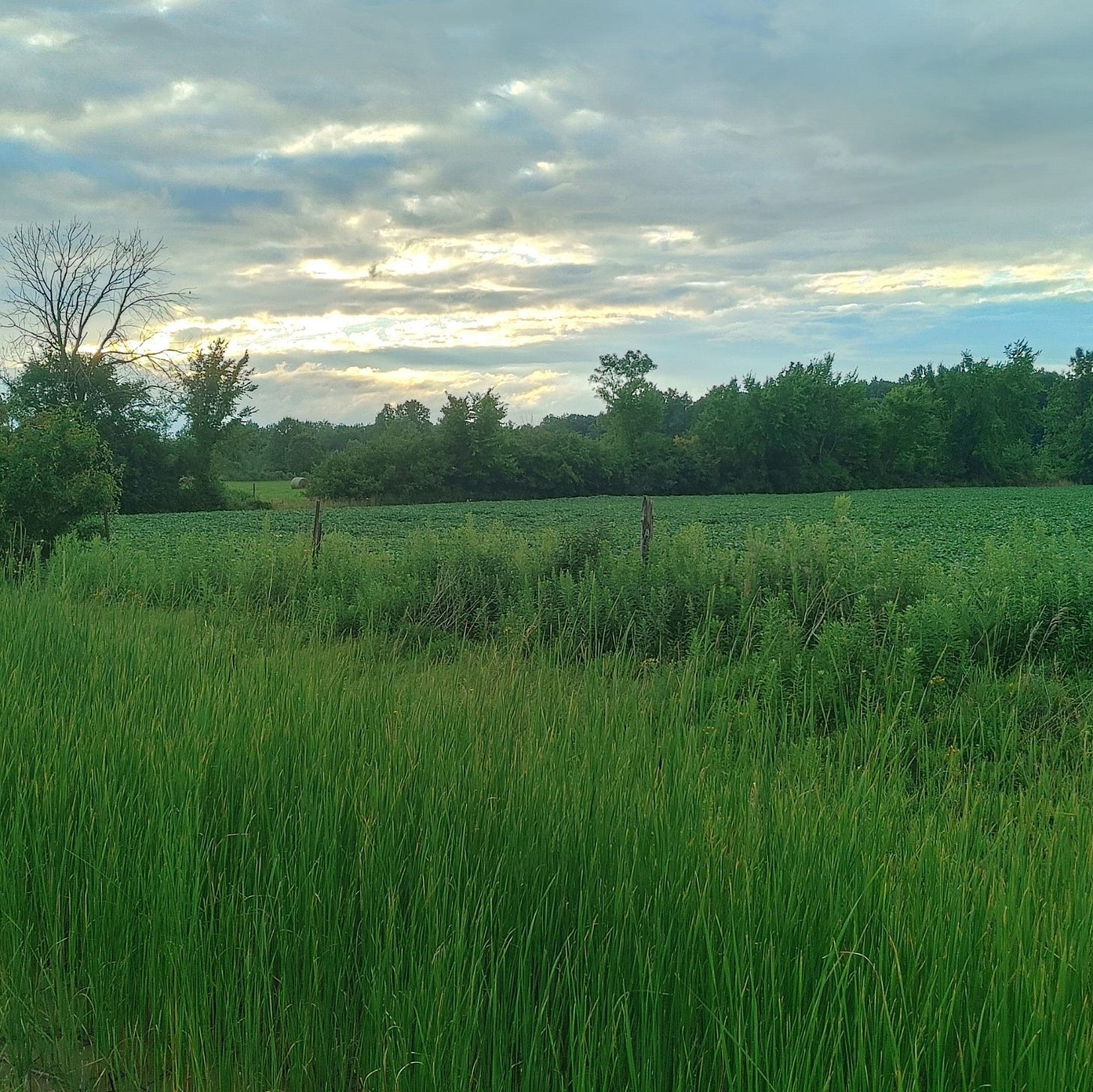Have you ever had a bad feeling about something and wondered whether you are indeed sensing trouble or just overthinking and being paranoid?
Is he lying to me or am I being mistrustful due to past experiences?
Is she planning on stealing from me or am I judging her on her appearance?
Is this man on the bus dangerous or have I watched too many crime films?
Is this boat trip a bad idea or am I just scared to try something new?
I have a bad feeling about this surgery although my doctor recommends it. Has reading about rare mishaps prejudiced me against a standard procedure? Or am I picking up on some incongruity?
Instinctive Fear
Instinctive fear is a punch in the gut and a spur to action. It is clear and swift. It is a command from within that says “Get out of here!” It is the force that moves your hand to put down the drink and leave the bar.
It is the formation of an instant tunnel to the specific knowledge you need to avoid harm to yourself or others. Instant understanding occurs.

One night when my grandpa was a young man he dreamt of fields with tall grasses. A storm raged and the grasses looked mad. He woke up from that dream and felt commanded to get his stuff and leave immediately. It was World War II. Poland was under Nazi occupation.
He left and ran and ran. He found himself in fields that looked like the ones in his dream. Except they were peaceful. “The fields in my dream were ferocious, but in reality they were quiet and it was a beautiful day.” My grandpa said when retelling the story.
He was right to leave. The Nazis came for him that day.
The Germans spotted him. He felt it. He ran into a house. There was a woman there alone. He asked her to hide him. She told him to get under the mattress. He did.
The Germans stormed in. The woman sat on the bed. She told them that she is feeling unwell. They searched the house. Then they left. My grandpa wanted out. “No” she said.
“I could barely breathe and worried I may suffocate.”
She was right to not let him out. The Germans came back for another look. She acted surprised. After another search they left again. Certain they are gone, she let my grandpa out.

When I was twenty I went hiking in the woods with a friend. We took flashlights in case it gets dark before we return. On our way back the woods started to get dark. In a thick forest darkness sets in fast. We turned on our flashlights.
We were smart to bring them, but not smart enough to bring batteries. After an hour of use the light started to dim. We saw less and less with every step. Eventually I could only see a faint outline of my feet, and then nothing at all. Fear.
Something kicked in. Knowledge. I could not see the path, but I could feel it. How could that be? I have never been on this trail. But I have hiked with my parents before. Perhaps my body remembered how a forest path feels beneath the feet. Perhaps my feet corrected me every time I stepped on the non beaten part of the forest floor. I led and my friend followed. Time ceased to exist. Through darkness and forest sounds my feet moved me along. We made it out.
Intuition is a higher form of instinct. When functioning at its peak it resembles psychic powers. What exactly is this higher instinct? Is our brain calculating sense data we unconsciously perceive and guiding us to the right action? Or is instinct simply awareness of our position in the interconnectedness of everything across time and space? What is time? What is movement? What is space? What are we? What is going on? I digress.
Unfortunately many of us have been taught to doubt our instincts. From childhood our senses invalidated. “Don’t be silly, go give uncle a hug.”
Emotional Fear
When I was 12 we lived in a small apartment in North York (an area of Toronto). My parents worked long hours. When I got home from school there was no one there. I made myself food and watched TV. At this particular time we didn’t have cable. The antenna picked up a few channels. I remember watching Judge Wapner. He was cool.
My mom mail ordered a thick one volume family medical encyclopedia. It had a self diagnosis section. This fascinated me. You started with a symptom, then followed a chart answering yes or no. Do you feel tired? Yes/No. Do you urinate frequently? Yes/No. Are you thirsty? Yes/No. You have diabetes.
I read through all the self diagnosis charts. Then I started to worry. I got what is referred to as “Medical Student Syndrome.” MSS is defined as “medical students experiencing health-related anxiety while studying a specific disease because they falsely relate their symptoms to the disease being studied.”
At the same time my dad subscribed to a Jehovah’s Witness magazine. Two ladies came to the door and told him he will get a free magazine if he signs. His English was poor at the time. “What is the harm?” he thought. He signed.
The Watch Tower started to come. The magazine looked like this:

It got thrown in the newspaper holder under the phone table and forgotten.
I grabbed it one day and read. It explained how sin in the mind is as evil as sin in action. If you have a single sinful thought you are already a sinner. God hates sin. Sin gets punished.
It also explained how all sexual thoughts are sinful. This worried me because I thought about kissing boys.
Thoughts evoke corresponding emotions. When you think of bad things happening, you start feeling dark emotions. Those dark emotions trigger more dark thoughts. Emotions permeate us and effect our constitution. This overtime becomes out destiny.
I didn’t question my mom or dad about the Tower. I knew they didn’t read it. My mom liked current events. My dad liked photography and the TV guide. They weren’t going to strain their brains trying to understand something in English that didn’t interest them, especially being so overworked.
Thoughts of disease and punishment turned in my head and evoked fear. Will my sinful thoughts get punished with sickness? I became germ phobic.
What I was experiencing is emotional fear. Emotional fear feels different from Instinctual fear. It’s more murky and festering. It feels heavy. Your mind runs “what if” scenarios over and over creating anxiety. Anxiety creates paranoia.
When you watch a horror movie and start to feel scared, that is emotional fear. Usually that fear dissipates after the movie is over. Being taken on an emotional ride like this can be fun if done intentionally. Otherwise it is not a fun experience. It can ruin your life.
For the record: I did not have diabetes.
Ignored Instinctive Fear Can Evoke Emotional Fear
It is hard to ignore instinctive fear. Instinctive fear is movement. It is fast like a Tyson punch. Yet we have been trained to dismiss it since childhood. So many of us fight the instinctive fear with what we like to call “reason.” Of course this is actually unreasonable.
Sometimes instinctive fear regarding one thing can turn into emotional fear regarding something else.
You sense that your spouse is cheating on you. The thought scares you. You suppress it. But then you start feeling fear regarding your finances even though your financial situation is fine. The cheating may unconsciously be preparing you for an expensive divorce. The fear regarding the finances would not make sense without the fear of cheating. So you come across as paranoid to others. But one thing is evoking another.
Of course emotional fear and instinctive fear can occur at the same time. There is a saying, “Just because you are paranoid, it doesn’t mean they are not really after you.”
Anxieties and phobias are concoctions of unresolved fears. They can go back to childhood or even back generations. Traumas live in the body and can be passed down.
Emotional Fear Is A Fantastic Weapon
Fear, emotional or instinctive, turns off analytical investigative thinking.
In the case of instinctive fear, it is a good thing. If my Grandpa sat around thinking and analyzing that morning, I wouldn’t be here.
There are some human functions that operate better without intellectual interference. For example: going to pee. Imagine if instead of waiting for the sensation of a full bladder you had to intellectualize when to go to the bathroom. Imagine having to calculate how much you drank, how much water your body needs, the rate at which it filtrates, the outside temperature, etc. You would certainly pee yourself regularly. Some things simply do not need our thinking. We simply react to the sensation and that’s it. Instinctive fear is like this. We respond to it and it leads us out of harm.
In the case of emotional fear, critical thinking can be of assistance. For example if you are scared that the mole on your arm is suspicious due to watching too many dermatology TikToks, being rational and having a specialist look at it is the simplest solution.
The evocation of emotional fear in others is a tactic used by manipulators. Whether it is by governing officials or the narcissistic spouse at home, the intention is to shut down analytical thinking and make the target more suggestible. If done right, it can be extremely effective.
Evoking fear and negative emotions in others is one way of the dark side of the force. If you want to know more about the dark ways of the force and how to protect yourself stay subscribed.
So How Do You Tell Between Emotional Fear and Instinctive Fear?
This takes awareness. You must observe your feelings and thoughts under many conditions and in response to many events. Note the feelings you felt and the outcome of events. Keep a journal. The more you pay attention to your inner goings on, the more you will be able to distinguish between feelings and what they correspond to.
Here are the differences between Emotional Fear and Instinctive Fear that I observed:
Instinctive Fear
Instinctive fear presents a clear action:
Get out of the bar/bus/house/plane/mall/run/hide
Say no to: proposal/vacation/sale/purchase/meal/friendship
Move like this. Move like that. Stop. Go.
The feeling usually infuses you with energy and awareness. There is a purity and clarity to the feeling. It isn’t murky. It is often light. Not heavy. The decision it steers you toward may be a big decision. The consequences may be heavy. For example: deciding to divorce. But the feeling itself usually isn’t heavy. The task it directs you to may be hard and complicated. It may seem insurmountable. But the feeling itself is simple and not complicated.
Instinctive fear usually dissipates after the threat is over. Although if the fear was incredible it may leave an emotional mark and pass into a phobia.
Instinctive fear is almost always a response to a real threat. Sometimes things malfunction in our bodies and read a situation wrong. Although that is an exception and not a rule.
Emotional Fear
It is slow and heavy. It evokes anxiety. The anxiety may be low key and ever present, or it may be great. Sometimes it paralyzes. You feel like you are in a pool of stagnant stinky water. Your mind plays a loop of negative thoughts. You feel like you must do something but fail to see a path. This may lead to jumping on half baked solutions. If the fear is shared between members of a group, it may result in jumping on a bandwagon that promises to save.
The negative emotions create a bubble of repetitive thoughts. This closes you off from higher thoughts. Obvious answers get denied.
Emotional fear can indicate many different things. It may indicate that you are being gaslit and manipulated. It may indicate that you are harboring trauma and phobias. It may indicate that you have muted an instinctive fear and are dealing with the emotional consequences of that repression. The answer is to get in touch with your authentic self. Often therapy can help.
Does it mean there is immediate danger? That is hard to say. But it is probable that your state of mind is a threat to your overall well being.
How Good Am I At Distinguishing Between Emotional Fear and Instinctive Fear?
I am far from perfect. But I am better than I was. It is a matter of degree. The more you tune in, the more you observe yourself, the better you get at it. The better you get at it, the more empowered you feel.
It is incredibly empowering to identify the reason for your fear.
Keep in mind that this is my experience. Describing how a feeling feels is difficult. My description may not correspond to the way you would describe that very feeling. This is why stories and parables are essential to our growth. Stories can convey feelings and sentiments that are otherwise difficult to put into words.
Ultimately it is up to each individual to feel their inner goings on and reach an understanding of how to use the inner phenomenon to guide them along their path.
Thank you for being here.





Yes, instinctive fear is a great term.
Emotional fear, so weaponized against us.
I live in instinctive fear of this society, having lived its embrace of vicious killing.
A wonderful article, highly recommended.
Great article and video. I agree the left brain should be left for logic and right brain for intuition but once one becomes evolved through deep work, meditation, etc. the observer faculty, which uses calm rational thinking can apply reason to analyze the emotional response. Of course this comes with time and discipline.